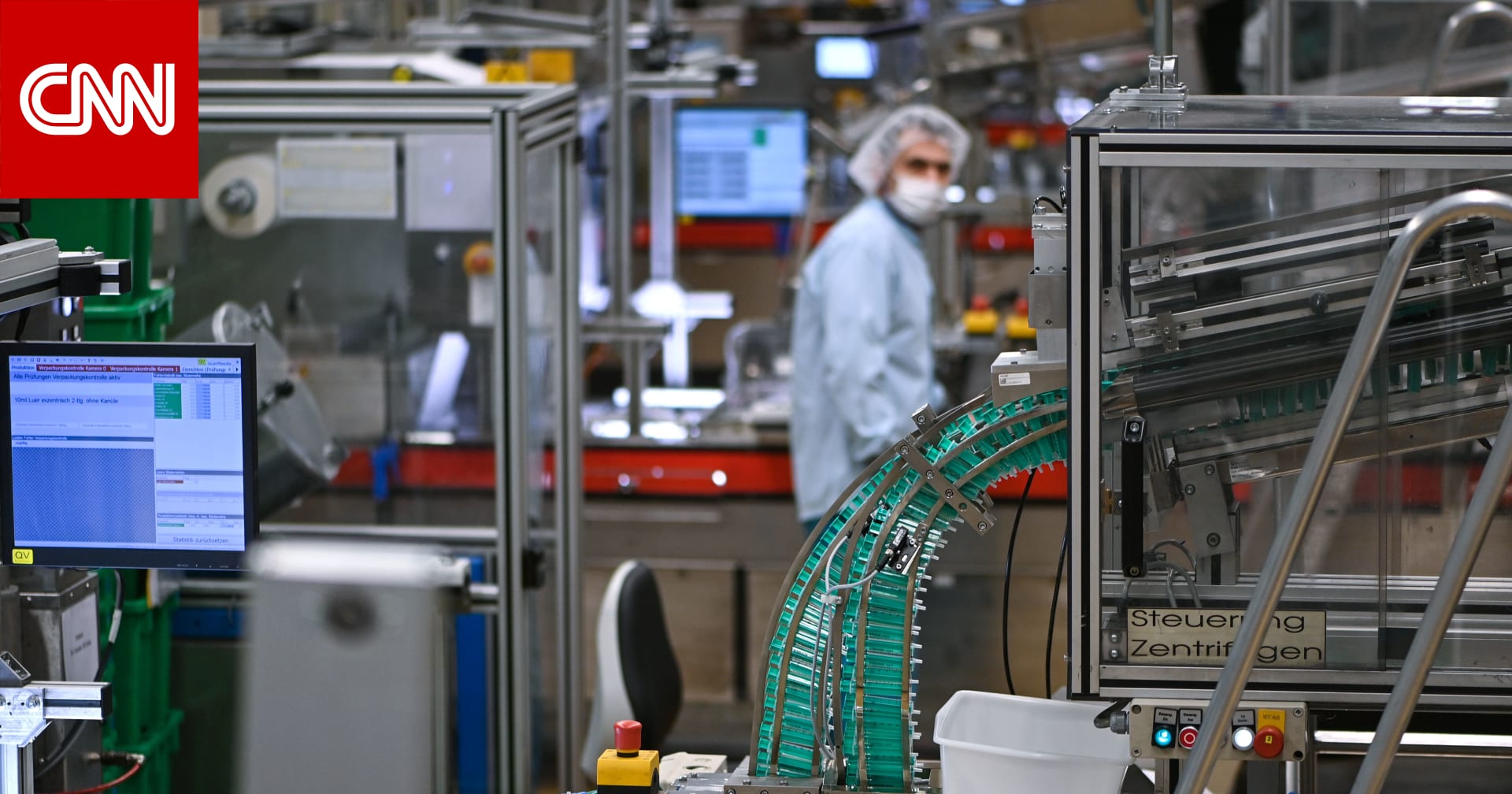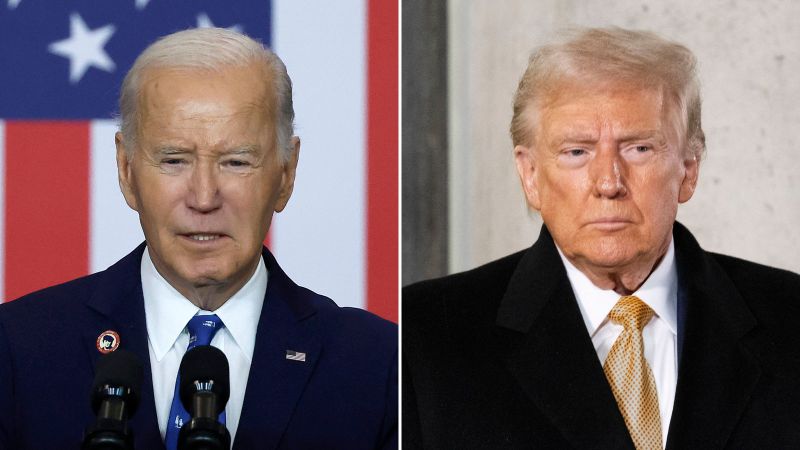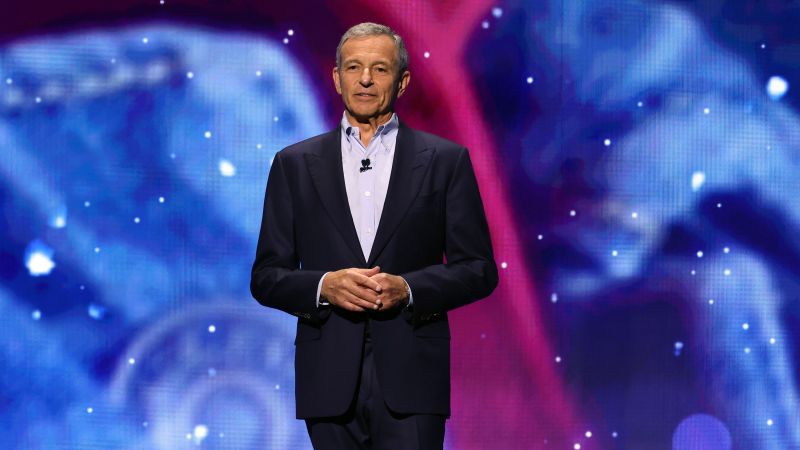Dubai, United Arab Emirates (CNN) – The various Corona virus vaccines currently being distributed around the world have the potential to end the worst pandemic humanity has seen in a century … But, in return, it also means sales of hundreds of billions of dollars to the pharmaceutical companies that manufacture them.
Despite its pricing at less than $ 20 per dose, Pfizer expects sales of the vaccine it developed in cooperation with BioNTech to reach about $ 15 billion by the end of this year, with a profit margin of nearly 30%.
Vaccines are not usually the most profitable product for major pharmaceutical companies, especially when compared to drugs used to treat chronic conditions.
“Flu vaccines are a lower margin business,” says Seamus Fernandez, senior managing director at Guggenheim Securities, adding that there are of course exceptions, including the Prevnar vaccine that protects older adults from pneumococcal infections, which Fernandes describes as “Very profitable” for Pfizer, and the drugmaker’s “Covid” vaccine is likely to be an even greater source of income.
Vaccine development was like the gamble of all the companies that went through the experiment, even as most drugmakers accepted government grants.
“It would have been a horrible business had the vaccine failed,” Fernandez says. “Obviously for Pfizer, Moderna and Johnson & Johnson, it has worked amazingly.”
Although Johnson & Johnson said it would provide the vaccine on a non-profit basis as long as the world continues to suffer from the epidemic, this does not mean that the company will not make money from it. This is because there is an assumption among experts and executives at pharmaceutical companies that even after the pandemic has passed, people will need to receive booster doses to protect themselves from the new variants.
“Gene mutations occur naturally during the reproduction and spread of the virus. There is an increasingly possible scenario when, within the next few years, it becomes necessary to boost patients who have been vaccinated against Covid 19,” Albert Burla, CEO of Pfizer, said in his latest call to analysts. With a vaccine that encodes the variable.
That would mean more sales, and more profits, from the vaccine.
On Thursday, Burla defended Pfizer’s profits from the vaccine, noting that in poor countries that cannot afford the cost of less than $ 20 a dose, the vaccine is provided at cost. Burla also said that, unlike some other companies, Pfizer did not take any taxpayer money to develop its vaccine and took all the risks with an investment of between $ 1 billion and $ 2 billion in research and development.
In an interview on Thursday on CNBC, Burla said, “The value the vaccine brings to the world is much higher than its price, not only in terms of health value, but the economic value is enormous. The price for all Americans is free right now, and the government’s price is a fraction of what it gains.” Economy”.
However, despite the large sums of money that the “Covid” vaccines are likely to bring, they simply do not change the rules of the game for many of the major pharmaceutical companies.
For example, “Pfizer” expects that its revenues for 2021 will range between $ 44 billion and $ 46 billion, with profits of no less than $ 14 billion, without taking into account any increase in revenues from its “Covid” vaccine, compared to revenues of 41.9 billion. Dollars in 2020.
Governments around the world have applied for 18 billion doses of various vaccines from late last year until now this year, according to estimates by Irfinity, a London-based research firm, that is enough to vaccinate every one of the nearly 8 billion people. The planet twice at least.
But whether they add billions or nothing to individual companies’ net profits, one thing is clear: vaccines are a boon the industry has never seen before.






